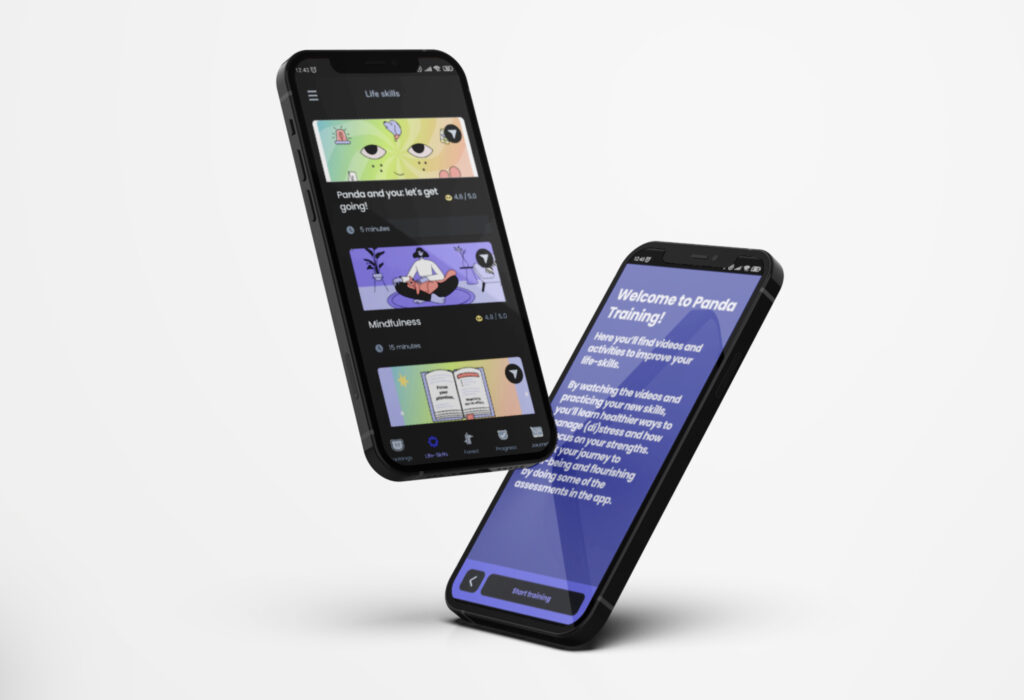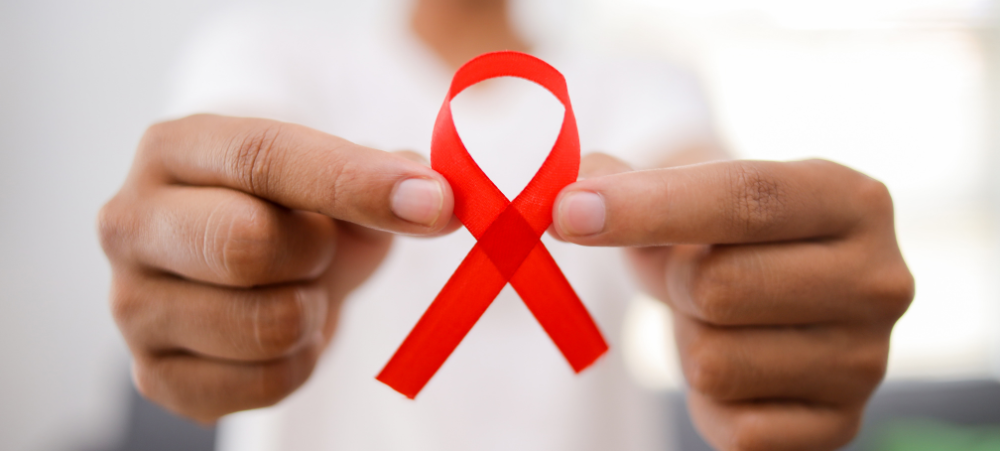The Covid-19 pandemic and the resultant lockdowns affected people across the world – mentally, emotionally and physically. These included feelings of isolation, work stress, frustration at rules and regulations, fear for close family and friends and a loss of control over your life.
So, it is not surprising that we have seen an increase in mental health related issues. 1 in 6 South Africans suffer from anxiety, depression or substance use disorder. Over the last two years the prevalence of anxiety and depression disorders has increased by 36.4% and 38.7% respectively.
970 million people worldwide have a mental health or substance abuse disorder. A study by the Global Happiness Council (GHC) shows that mental illness is the main ailment among people of working age.
Dr Morgan Mkhatshwa, Head of Operations at Bonitas Medical Fund says, ‘This has a massive effect on employers as they try to cope with keeping their businesses going, preventing job losses and maintaining a happy and motivated workforce. The economic uncertainty, political instability and poor socio-economic conditions in South Africa have also added to the burden of mental health issues in South Africa.’
To make matters worse, according to South Africa’s National Mental Health Policy Framework, ‘up to 80% of South Africans who need mental health support are unable to easily access it’.
In addition to a comprehensive mental health programme, Bonitas is the first medical aid to offer Panda to its members. It’s a free to download mental health and wellness mobile app that provides scientifically validated assessment tools to enable users to objectively measure their mental wellbeing. A gamified tracking tool allows you to document and monitor the progress you’re making on your personal mental health journey.

This includes:
- Engaging in interactive, audio-only sessions with peers and mental health experts in the ‘Bamboo Forest’
- Learning new skills through assignments and videos to help you live a more fulfilled life
- Tracking your mental health progress to measure how you are feeling
- Getting text-based chat support from an accredited wellness counsellor
- Booking 1:1 virtual consultations with accredited and registered counsellors, social workers, psychologists and other mental health professionals
‘The level of support depends on the degree to which you need help,’ says Dr Mkhatshwa. ‘This ranges from level one, where there is an easy access point to community, information and support, through to level 5 where Panda will notify you to contact emergency services. We know how tough it can be to go through difficult times all by yourself, but with Panda, you will be able to find the support and resources that you need. In a nutshell: The right care at the right time for a healthy mind, using your phone.’
What is mental illness?
Mental illness is defined as ‘any behavioural or mental pattern that causes significant distress or impairs normal functioning’. It can occur as a once off, be persistent or recur. The common denominator being the debilitating nature of the condition.
It is a medical condition
A mental illness affects the way a person experiences and behaves in the world around them. It is a recognised medical condition in the same way as chronic diseases, such as diabetes and high blood pressure and can affect anyone, regardless of race, religion, income or age. It is not a sign of weakness or madness and is nothing to be ashamed of. The good news is, it’s a condition that that can be managed and treated successfully.
Anxiety disorders and depression are the most common mental health problems but others include eating disorders, Post-Traumatic Stress Disorder (PTSD), obsessive compulsive disorder (OCD), bipolar mood disorder as well as psychotic disorders such as schizophrenia and personality disorders. Substance abuse, such as drugs and alcohol, is also classified under mental illness.
Battling the stigma
The Mental Health Society acknowledges, ‘The social stigma attached to mental ill-health and discrimination exacerbates patients’ condition. It often prevents people from seeking treatment. And, if they do, makes it harder to recover.’
Dr Mkhatshwa says, ‘Fortunately, increasingly well-known and influential people who are suffering from or have overcome mental illness, are being more open about it. This will go a long way to debunk myths, negativity, discrimination and judgement’.
Recognising the signs
These can vary but, in general, these include:
- Being frequently sad, depressed and gloomy for long periods and feeling overwhelmed by life’s problems
- Major changes in eating habits, resulting in weight loss or gain
- Struggling to concentrate and make decisions
- Loss of energy and lack of motivation
- Constant stress and anxiety over work, finances, life, friends and family
- Emotionally distant
- Frequently tearful
- Having difficulty sleeping or sleeping more than usual
- Loss of interest in activities
- Easily irritated and more aggressive than usual
- Having thoughts of death or suicide
- Drug or alcohol abuse may also be a sign of underlying mental illness
Help is at hand
There are specialised mental health programmes in place through most medical aids and most mental illnesses can be effectively treated by health professionals and community-based services or NGOs. This may include access to medication, therapy and counselling.
The Mental Health Programme (MHP) from Bonitas, which forms part its Managed Care initiatives, is aimed at improving quality of life and empowering people with mental health issues to manage their condition. It is education driven and offers support for loved ones too. ‘The introduction of Panda will dovetail neatly with our MHP,’ says Dr Mkhatshwa.
‘Mental illness cannot be wished away,’ says Dr Mkhatshwa. ‘We can’t expect someone to ‘pull themselves together’, they simply can’t. But with the right support and help, symptoms will be relieved and the recovery rate is encouraging with patients getting back to being happier, more productive members of society.’
For 2025 we have a renewed Female Health Programme:In collaboration with CareWorks, it’s accessible to all female members aged 18 and above, with an emphasis on preventative care and early detection of female-specific health issues. In addition, we have an enhanced Maternity Programme to support expecting mothers. This includes early identification of and weekly engagement for high-risk pregnancies, post-childbirth care and associated mental health follow-up calls for new mums, given the prevalence of pre and postnatal depression. Also, milestone reminders for children under 3 and cover for antenatal vitamins through savings, day-to-day benefits or the Benefit Booster
Bonitas Medical Fund
0860 002 108
View Website: www.bonitas.co.za
- Putting together your birth plan - December 23, 2025
- Breastfeeding tips - December 15, 2025
- Mental health matters during the festive season: Let’s normalise getting help - December 11, 2025





